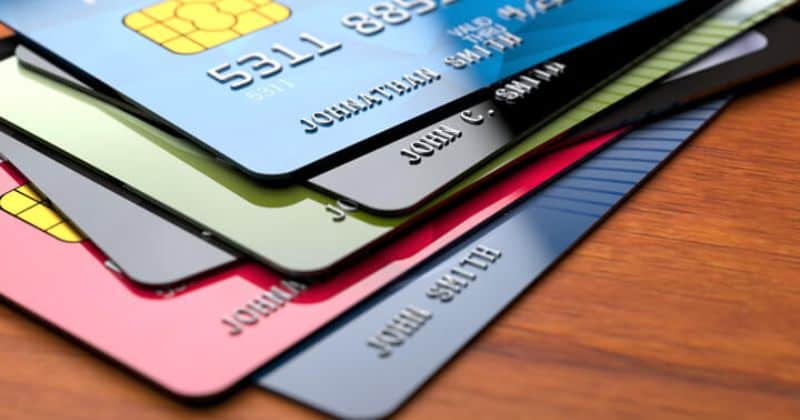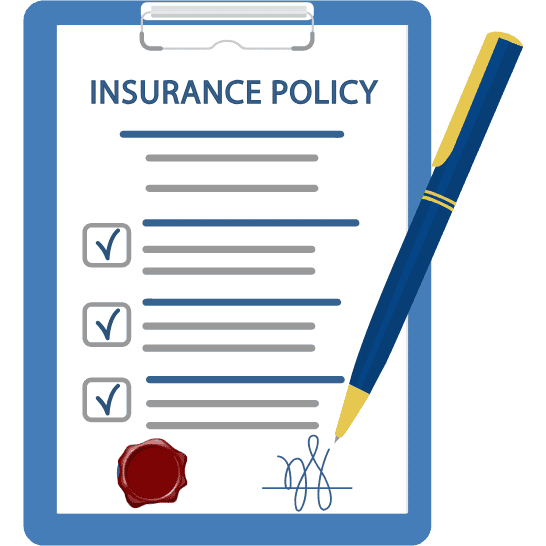What Is The Punishment For Credit Card Defaulters In India?

In today’s fast-paced world, credit cards have become an essential financial tool, providing a convenient way to make purchases, manage cash flow, and build a credit history. However, as with any financial instrument, there are significant risks associated with credit card usage. One of the most concerning outcomes for credit card users is the possibility of falling into default—failing to repay credit card bills on time. The penalties for defaulting on credit card payments in India can be severe, ranging from financial penalties to legal consequences. Understanding the severity of credit card defaults and the available options for managing and settling debt is crucial for individuals looking to protect their financial future. In this article, we will explore the legal consequences for credit card defaulters, the ways in which such defaults can be managed, and the services that can help those in financial distress get back on their feet. When a credit card holder misses a payment, the first immediate consequence is the late fee. Banks and financial institutions typically impose penalties for overdue payments, which can increase with time. Additionally, a default can lead to increased interest rates, making it even harder to pay off the outstanding balance. Credit card companies often charge a late fee when a payment is missed. These fees can vary between Rs. 300 and Rs. 1,000, depending on the terms and conditions of the cardholder’s agreement. Furthermore, the interest on the outstanding amount continues to accrue. If the payment is not made for several months, the late fees and interest charges accumulate rapidly, compounding the debt. One of the most significant consequences of defaulting on credit card payments is the negative impact on the credit score. In India, the Credit Information Bureau (India) Limited (CIBIL) score is one of the most commonly used indicators to assess an individual's creditworthiness. When a credit card payment is overdue by more than 30 days, the cardholder’s credit score begins to dip, making it harder to secure loans in the future. In extreme cases, repeated defaults can lead to the individual being marked as a defaulter, affecting their ability to apply for any form of credit. If a credit card holder continues to default on their payments, the bank or financial institution may initiate a collection process. This process often includes frequent calls, letters, and legal notices demanding payment. Creditors can pursue legal action to recover the debt. The defaulter might also face harassment, which further exacerbates their financial stress. While the penalties imposed by banks and financial institutions may seem daunting, the legal consequences are where the situation becomes even more serious. If the default extends beyond a certain period, creditors have the right to take legal action to recover the outstanding dues. The primary route for creditors to recover unpaid debts in India is through civil lawsuits. If a credit card holder defaults for an extended period (typically 90 days or more), the bank may file a civil suit in a local court. If the court rules in favor of the bank, the defaulter could be ordered to pay the outstanding amount, including legal fees, additional interest, and any penalties. Failure to comply with a court order can result in further legal ramifications, such as attachment of assets or garnishment of wages. In extreme cases, credit card default can lead to criminal charges. According to Indian law, if an individual intentionally defaults on a credit card payment and has no intention to repay the debt, they can be charged with criminal misappropriation or cheating. Under the Indian Penal Code (IPC), the punishment for such offenses can include imprisonment for up to two years or a fine, or both. However, this is relatively rare, as most defaults result in civil lawsuits, and criminal charges are typically reserved for fraudulent cases. In cases where individuals are unable to repay their debts and are facing severe financial hardship, they may be able to file for bankruptcy under the Insolvency and Bankruptcy Code (IBC) of India. The IBC allows individuals to discharge their unsecured debts, including credit card dues, by liquidating their assets. However, bankruptcy comes with long-term consequences, including severe damage to one's credit history and an inability to access credit for several years. It is a last resort option, typically considered after all other avenues for repayment have been exhausted. While the consequences of defaulting on credit card payments in India are significant, there are ways to manage credit card debt and avoid falling into default. Some proactive measures can prevent a person from facing the full brunt of the penalties and legal consequences. The simplest way to avoid defaulting on a credit card is to ensure timely payments. Setting reminders, scheduling automatic payments, and staying within credit limits are effective ways to maintain a healthy financial record. Making at least the minimum payment each month will prevent late fees and interest from accumulating. For those with multiple credit card debts, consolidation is an effective solution. Consolidation allows a person to combine all their debts into a single loan with a lower interest rate. This simplifies payments and may help reduce the overall financial burden. Many financial institutions offer debt consolidation services, which can be beneficial for individuals looking to streamline their debt repayment process. If an individual is overwhelmed by their credit card debt and is struggling to make payments, seeking professional help is a wise choice. Organizations that specialize in debt settlement can negotiate with creditors to reduce the total amount of debt owed or restructure the payment plan. Services like RupeeRelief offer valuable assistance in such situations. By working with experts, individuals can regain control over their financial situation, avoid harassment from creditors, and work out a settlement plan that fits their budget. RupeeRelief, for example, helps individuals settle unsecured loans, including credit card debts, by negotiating better terms with creditors. With the expertise of professionals, clients can manage their debt more effectively, avoiding potential legal trouble and regaining their financial health. RupeeRelief specializes in providing debt relief services for individuals who are struggling with credit card debt and other unsecured loans. By offering debt settlement solutions, the service helps defaulters avoid legal consequences, minimize penalties, and negotiate a more manageable payment plan with creditors. Instead of facing constant calls and legal notices, individuals can rely on the expertise of professionals to handle the negotiations on their behalf. RupeeRelief’s team understands the nuances of the legal system and works with creditors to reduce the overall debt burden, making it easier for individuals to make timely payments. By seeking help from such a service, credit card holders can avoid the stress and penalties associated with defaults, helping them achieve financial freedom. Defaulting on credit card payments in India can have serious consequences, including late fees, a damaged credit score, collection calls, and even legal action. However, with timely payments, debt consolidation, and professional help from services like RupeeRelief, individuals can manage their credit card debt and avoid falling into default. For anyone struggling with credit card debt, it is important to remember that there are solutions available. Seeking help early and understanding the available options can save individuals from the long-term consequences of credit card default and set them on the path to financial recovery.What Happens When You Default on Credit Card Payments?
1. Late Fees and Penalties:
2. Impact on Credit Score:
3. Collection Calls and Legal Notices:
Legal Consequences of Credit Card Default in India
1. Civil Lawsuits:
2. Criminal Charges:
3. Bankruptcy and Insolvency:
Managing Credit Card Debt and Avoiding Defaults
1. Timely Payments:
2. Credit Card Debt Consolidation:
3. Seeking Professional Help:
How RupeeRelief Can Help Credit Card Defaulters
Conclusion

